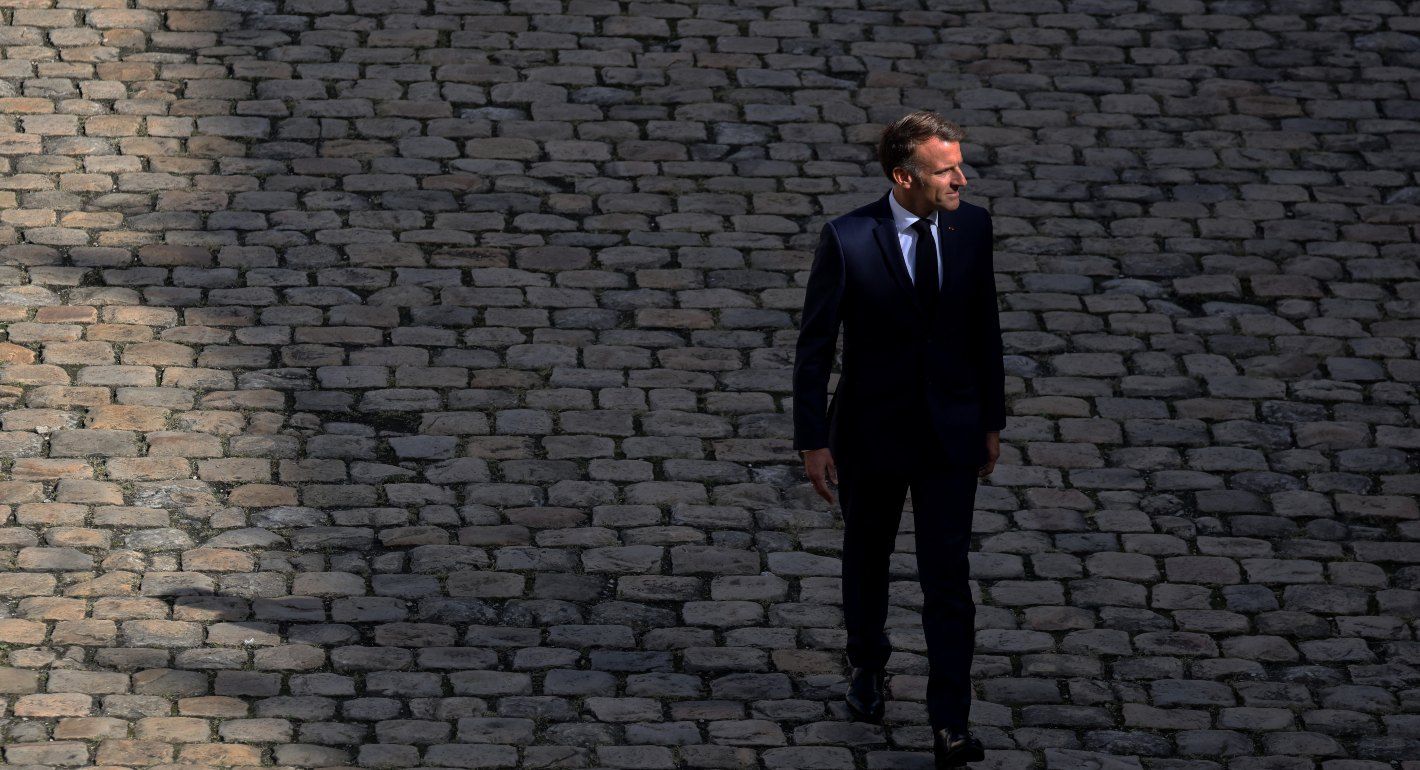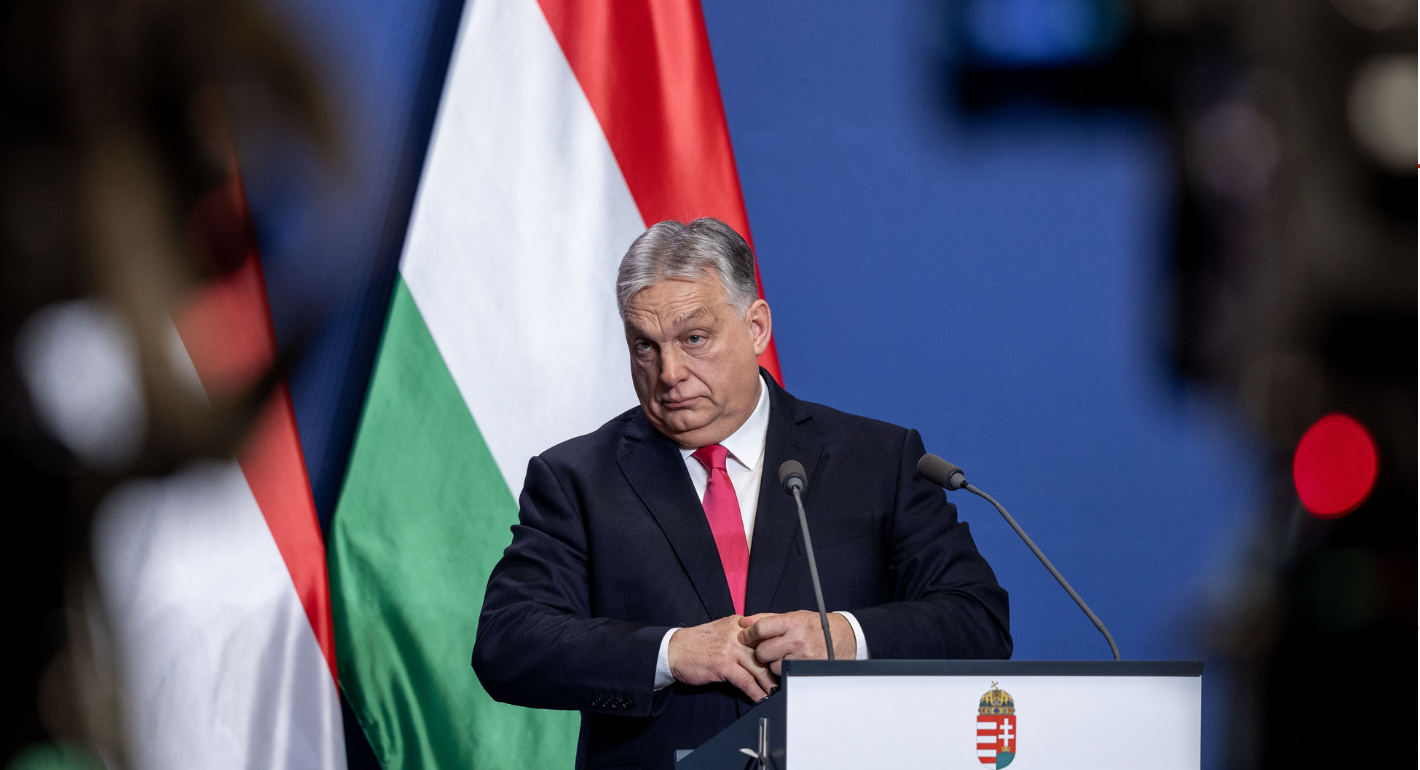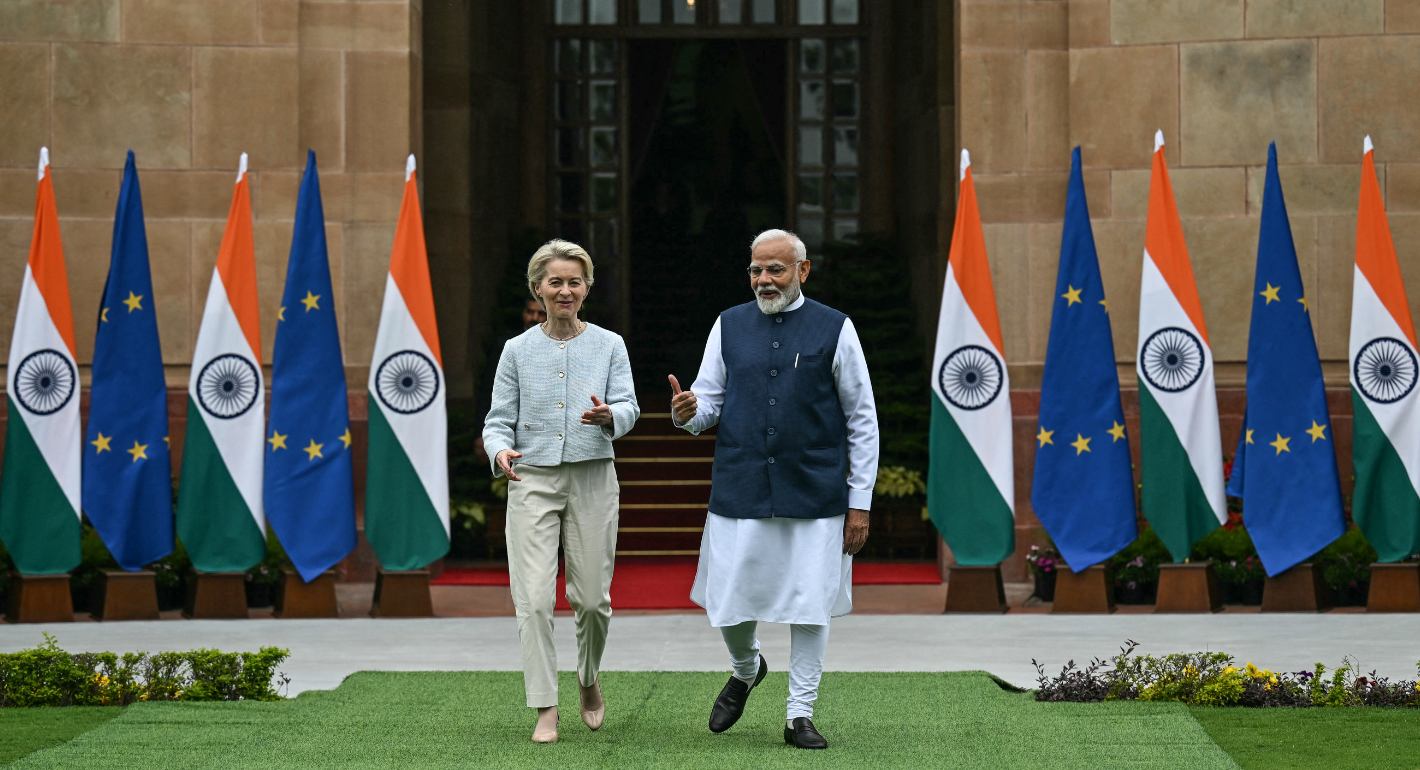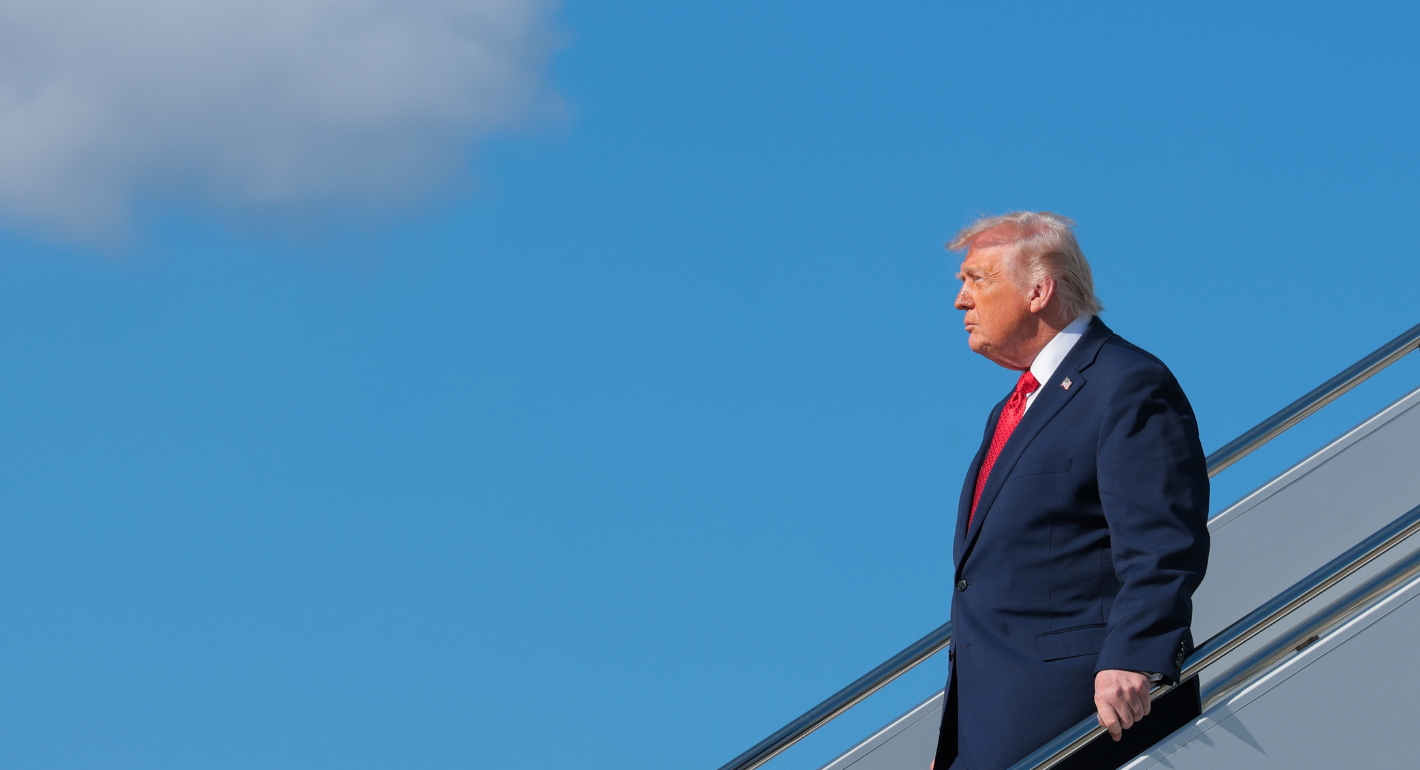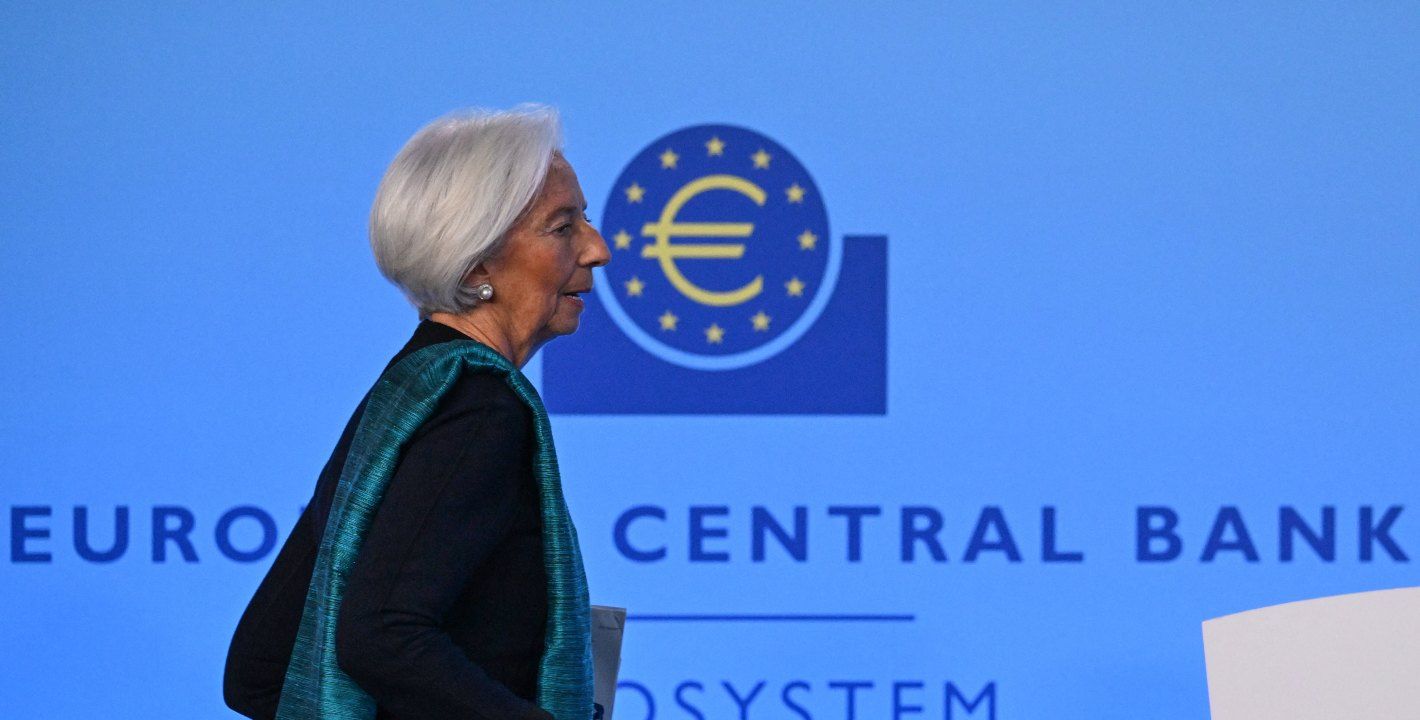Europe has a France problem. On top of all its other challenges. And it couldn’t come at a worse moment.
Paris is about to get its fifth prime minister since May 2022. In 2024 alone, there were four different prime ministers. Even the über-negotiator Michel Barnier only lasted ninety-one days between September and December 2024.
Despite the hyper-presidential system of France’s Fifth Republic, this level of institutional and political instability, coupled with ailing public finances, is now a major liability. Popular defiance toward the entire political class is at an all-time high, trust in politics and institutions is dismally low, and no political party is offering a sustainable, stable way out. It is the perfect bedrock for revisionist populists to take power.
The fallout isn’t limited to France. The domestic political crisis that is now a constant feature of French life weakens the EU at a crucial moment of global reconfiguration. With U.S. President Donald Trump weakening the transatlantic relationship weekly, the terms of global trade upended, and Russia’s expansionist revisionist project against the EU, Brussels needs its only nuclear power and member of the United Nations Security Council to be firing on all cylinders.
To say that has not been France’s case since at least 2022 is an understatement. No amount of French President Emmanuel Macron’s formidable willpower, big ideas, or charisma can make up for that until the end of his term, in twenty months. Not when his own decisions have been a central factor in the crisis. Now is the time for him to deliver true reforms in France.
The terms of political discourse in France have been completely divorced from global geopolitical stakes for years. And there are no signs any of the parties are about to step up.
The political field is dominated by narrow-minded, ego-driven personal ambitions that have no interest in administering the bitter—but vital—pill of reducing public spending. No party has tabled a serious program to fix the country’s finances and supercharge its industrial capabilities to confront the global economic transformation. On the contrary, the parties leading in the polls—the far-right National Rally and the far-left France Unbowed—keep selling implausible dreams of lowering the retirement age to sixty or sixty-two years old and maintaining the country’s extraordinarily generous pensions.
Meanwhile, by this Friday, France’s credit rating could be downgraded for the second time in less than a year.
The constant instability, critical financial situation, and generational geopolitical turmoil have not prompted French parties to learn how to build coalition contracts like their counterparts across the EU.
At a time when Europeans need to find a way to overcome their historic taboos to take unprecedented military action in support of Ukraine through the Franco-British-led “Coalition of the Willing,” the fact that France is unable to agree on budget reform is a major problem. Paris’s already limited material support to Kyiv relative to its size and importance, in part as a result of its ailing finances, is being called into question in light of the budgetary crisis at the heart of the political turmoil.
Similarly, the EU’s plans to supercharge its defense—through common borrowing and massive spending—will not be unscathed by the drama in Paris. And the French parliament’s dysfunction weakens the EU’s ability to swiftly adopt alliances and deals with new partners in light of Trump’s trade war.
Since 2018, Europeans have watched with bewilderment and worry as Macron has thrice rolled a very risky dice at home—and lost: with the Yellow Vest movement in 2018-2019, the snap parliamentary elections he called in 2024, and now the only prime minister of the Fifth Republic to lose his own confidence vote.
The French president’s ease with disruption and taking big risky swings has helped him create opportunities and come up with creative solutions on the European and global stage. But it has broken—perhaps beyond repair—an already ailing and dysfunctional political system at home.
The initial rot in the fruit manifested early on, a year and a half into his first mandate. After starting off strong with a transformative ambition for Europe, coupled with a much-needed blitzkrieg of structural reforms in France to finally right its finances, Macron’s mismanagement of the Yellow Vest protests dampened his shine. He not only backed down from some landmark reforms but also started what became a signature method: throwing money at the problem, even though the money was growing increasingly unsustainable. He shielded the French from Covid-19’s inflationary shock in a unique way even in Europe, but it was financed with money Paris simply didn’t have. In many European quarters, despite his success in making France more attractive for foreign investment, Macron’s credibility—and ability to deliver—has struggled in the shadow of the Yellow Vests ever since.
The French president’s unique talent for conquering the worst of odds with sheer willpower and imagination is now crashing against the stubborn laws of physics. The political deadlock is real and his options to restore basic functionality to the French system are extremely limited.
With so many prime ministers being forced to leave within months, they no longer serve the traditional shielding role they always have in the French Fifth Republic. Macron now has two options left to avoid the full paralysis that could come dangerously close to forcing him to end his presidential term early. One is to counterintuitively make structural compromises with the center-left forces, even at the cost of some of his landmark projects. The other is to gamble on a constitutional amendment to introduce proportional representation, and roll the dice on another snap election in the coming months that is far from sure to produce a clear governing majority.
What Macron chooses at this historic turning point will be determinant for his legacy, France, and Europe. The far right and far left, which are leading in the polls, feel emboldened and are constantly calling for his resignation and early presidential elections. This would be catastrophic for the EU in the current context.

